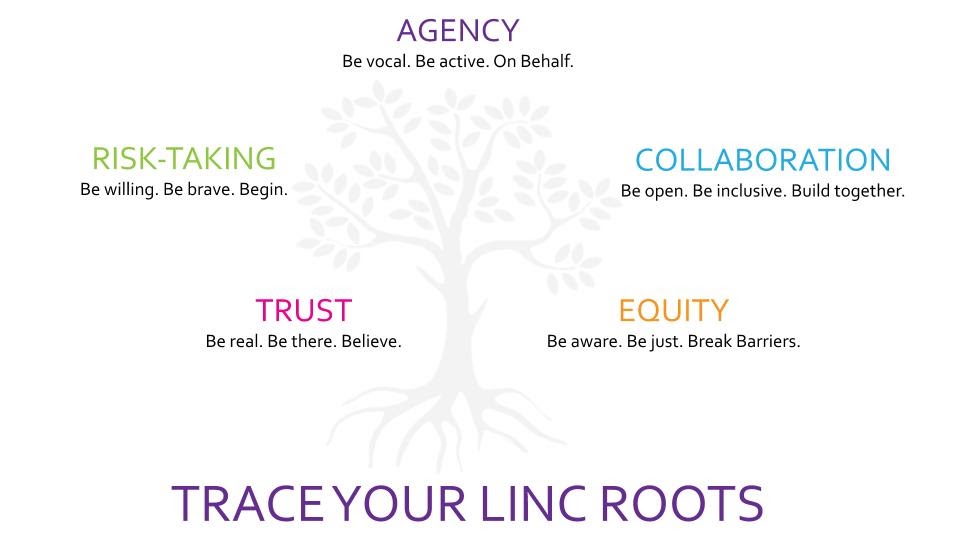Taking an Antiracist Stand as a Team
Like so many others, I was appalled by the story of DeAndre Arnold, the Texas student who was suspended from school and told he could not participate in his graduation or other end of year celebrations unless he cut his hair. If DeAndre were a white student with long hair, the district, Barbers School ISD in Texas, would be stripping rights based on gender discrimination as the handbook prevents male students from having hair below the collar. But DeAndre is also a black male student whose hair is culturally relevant and important, so the district is enforcing a rule that strips black male students of rights based on racial and cultural discrimination. The policy is racist.
As I followed the story, I felt compelled to call, tweet, blog...add my voice to the chorus of those crying foul. But then I caught myself pausing in a wave of insecurity. I already knew and had accepted that saying something meant opening myself to personal criticism, something I consider a responsibility that comes with my white privilege. But what if saying something had negative repercussions for the company I co-founded whose clients are schools and school districts? What if it caused our team to lose business and impacted my partners and our employees? We are a small start-up, and any impact could really hurt.
I decided to bring this up at our next team meeting. It was good timing as we were reflecting on our core company values -- Trust, Risk-Taking, Agency, Collaboration, and Equity -- in order to set mission-aligned goals for 2020.

When we discussed risk-taking and equity, I shared my moment of doubt regarding DeAndre’s case and asked: How willing are we to put LINC out there as a voice for equity when the risk is the potential loss of business? Are we bold enough to take what author Ibram Kendi describes as an “antiracist” stance and fight policies that proliferate racial discrimination and oppression?
I was not surprised to hear a resounding and unanimous “yes!” One of our team members, Cassondra Thaddies, had been working on a post about the need for us as educators to move beyond our “tranquilized obviousness” to reach equity goals. Some people may feel offended by the notion that we have dominant cultural narratives that cause us to unconsciously sustain inequitable policies and blame achievement gaps on student deficiencies. This team decision meant we’d take on that risk of turning some people off if it meant our work could be relevant and effective.
Another team member, Kim Weber, shared the sentiment that it was not enough to be individual antiracist “co-conspirators” as Dr. Bettina Love called upon white people to be at the recent RILE conference we contributed to. Kim felt that being a co-conspirator for justice and equity as a team was crucial to authentically uphold our values. So we move forward in a shared commitment to bringing injustice above board when we see it and call stakeholders to take actions that can effect change.
However, I want to make one distinction. While we stand for equity, we stand for educators. We firmly believe that while we were born into a time and system long poisoned by inequity, educators are the best-positioned agents to lead the change desperately needed not only to increase equity in our schools but also in our world through the generation of students they teach. This work is hard. Racism is a disease affecting people of all races in all systems, so it requires both individual and organizational healing. We’re committed to being part of this healing, which means doing the work ourselves and partnering with others committed to it.
As business owners and executives, we are key power-wielding stakeholders. Can we be willing to help our teams learn from leaders such as Kendi and Love, to engage in organizational change with groups such as Courageous Conversation? We have to be willing to put our bottom line on the line to ensure that ALL our students walk an equitable path which leads ALL of them to cross the graduation stage into equitably accessible higher education and careers that equitably reward them.